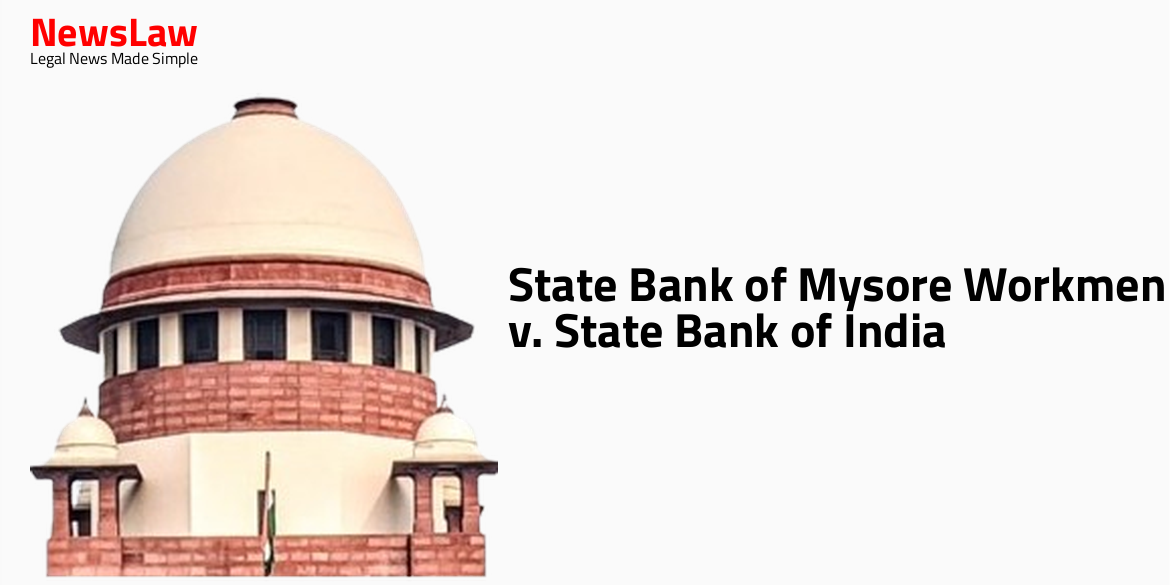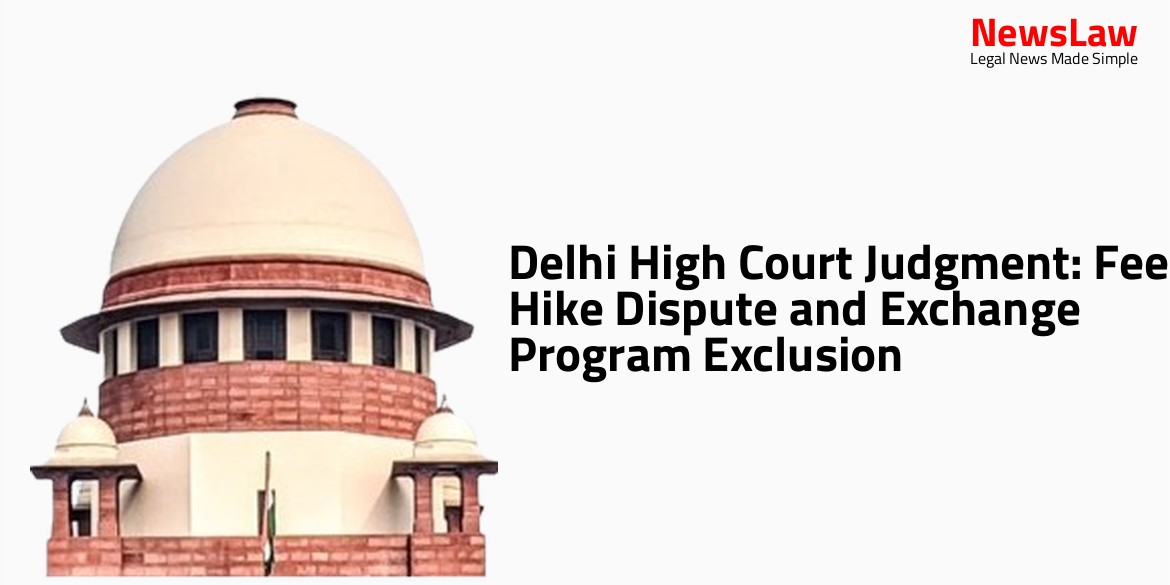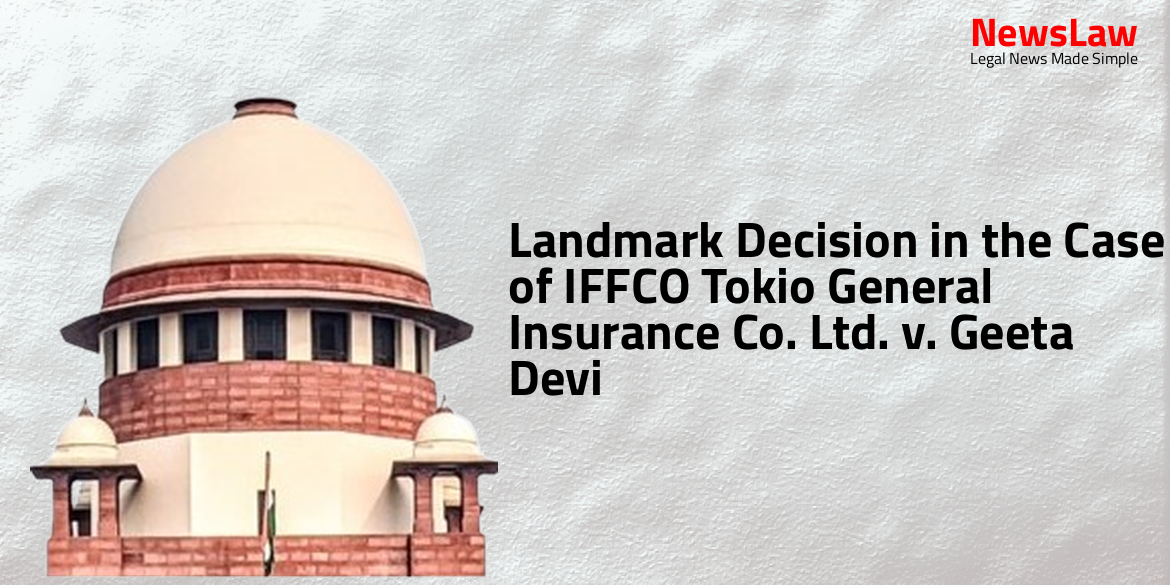In a pivotal legal ruling, the Delhi High Court has addressed the case transfer petition filed by Ajay S. Mittal to ensure justice and purity within the judicial system. The case focuses on alleged bias and apprehensions of unfair treatment, leading to a transfer to maintain the balance of justice. Stay tuned for more insights on this crucial judicial development.
Facts
- On 18.04.2024, a transfer petition was filed on behalf of Ajay S. Mittal seeking transfer of the proceedings from learned Special Judge (PC Act) CBI-16 to some other Court.
- On 10.04.2024, time was sought by the new counsel for Ajay S. Mittal to go through the case file, requesting a date post 24.04.2024.
- On 25.04.2024, a long date was being sought by the new counsel for Ajay S. Mittal due to the pendency of the Transfer Petition filed, and the next hearing was scheduled for 01.05.2024.
- Several adjournments on the bail application hearing were requested by Ajay S. Mittal’s counsel.
- After completion of further investigation, a supplementary prosecution complaint was filed against 84 accused persons, including Ajay S. Mittal, who are yet to be summoned.
- On 01.05.2024, the bail application hearing was adjourned to 04.05.2024 due to the orders in the Transfer Petition.
- The bail application was allowed by the learned District & Sessions Judge on 01.05.2024.
Issue
- The Court is focused on determining if the judge in question was biased and if there was an actual apprehension of bias.
- The urgency lies in identifying and adjudicating whether there was a real danger of bias affecting the petitioner.
- The key issue to be resolved is whether the potential bias could have prejudiced the petitioner’s case.
Arguments
- The petitioner contends that the power to transfer, withdraw or assign cases is discretionary but must be exercised judiciously and based on well-founded reasons.
- The petitioner alleges bias on the part of the learned Special Judge, stating that a comment made during a bail application hearing indicated pre-determined and prejudicial mindset.
- The petitioner’s wife allegedly overheard the learned Special Judge making a comment undermining the possibility of bail in ED matters during a video-conferencing session.
- The petitioner sought transfer due to apprehension of unfair treatment and lack of proper opportunity to present his case.
- Adjournments in the bail application proceedings were requested for various reasons, including personal difficulties of counsels and filing of new vakalatnama.
- The Special Counsel for the Directorate of Enforcement disputes the validity of the transfer request, citing lack of substantial proof of bias or prejudice.
- Previous Transfer Petitions filed by other accused persons were rejected on similar grounds of alleged bias against the Presiding Officer.
- The petitioner’s request for transfer is deemed based on conjectures and unsubstantiated apprehensions.
- Transferring cases without concrete evidence of bias may undermine confidence in the judiciary and sets a precedent for easy transfer requests.
- The argument of urgency due to time spent in prison is contradicted by the petitioner’s own conduct in seeking adjournments.
- Apprehension of bias regarding adjudication of bail application mentioned
- Previous judge’s bias raised as a concern
- Learned District & Sessions Judge considered facts and issues
- Section 408 of Cr.P.C. allows transfer of cases for the ends of justice
- Request for dismissal of petition based on absence of infirmity
Analysis
- The judge in question could not have been condemned without a fair opportunity to be heard.
- Understanding the context of any alleged remark is crucial before inferring bias.
- Publicizing transfer orders based on unverified allegations can harm a judge’s reputation.
- Transfer of cases on unverified allegations can raise questions on impartiality in future cases.
- A judge’s offhand remark to staff in a non-decision-making context should not imply bias.
- Allowing transfers based on overheard conversations during video conferences can undermine trust.
- Not all conversations during video conferences are relevant to the case being discussed.
- Allegations should be verified before affecting a judge or a case transfer.
- A judicial officer’s credibility should not be undermined without solid evidence.
- Transfers should be based on substantiated concerns, not mere suspicion or personal preference.
- The law regarding transfer of cases is well-settled, where a transfer is granted if there is a reasonable apprehension that justice will not be done.
- A petitioner is not required to prove that justice will inevitably fail but must show circumstances supporting a reasonable apprehension.
- Justice should not only be done but also be seen to be done in the administration of justice.
- Mere allegations of apprehension are not enough; the apprehension must appear reasonable to the Court.
- The test of real likelihood of bias is crucial in ensuring fair and impartial justice.
- The apprehension of bias must be reasonable and supported by facts and circumstances.
- Judges and judicial officers should not be unduly sensitive to allegations yet must uphold fairness and impartiality.
- The principles of natural justice require fair and unbiased adjudication for the validity of trial outcomes.
- The public confidence in the fairness of a trial should be upheld to ensure the integrity of the criminal justice system.
- A real apprehension of miscarriage of justice is necessary to warrant a transfer of a case.
- Apprehensions of bias must be objectively reasonable to justify a transfer of the case.
- The concept of bias has evolved with societal changes and requires an impartial decision-maker.
- The test for apprehension or real danger of bias involves collating surrounding circumstances to assess the presence of bias.
- The Court examines Section 408 of the Criminal Procedure Code (Cr.P.C.) regarding the power of the Sessions Judge to transfer cases and appeals.
- Section 408 empowers the Sessions Judge to transfer cases and appeals from one Criminal Court to another within his sessions division.
- The Court finds it necessary to refer to Section 408 in order to adjudicate the current case effectively.
Decision
- The proceedings of ECIR No.06/DLZO-II/2019, including the bail application of the applicant, are being transferred to another court.
- The case is withdrawn from the court of Sh. Jagdish Kumar, Ld. Special Judge, (PC Act), CBI-16 and assigned to the court of Sh. Mukesh Kumar, Ld. Special Judge, (PC Act) CBI-05, RADC, New Delhi for adjudication.
- The applicant’s application is allowed, and the transfer is deemed necessary to maintain the balance of justice and purity within the judicial system.
Case Title: DIRECTORATE OF ENFOCEMENT Vs. AJAY S. MITTAL (2024:DHC:4419)
Case Number: CRL.M.C.-4014/2024



